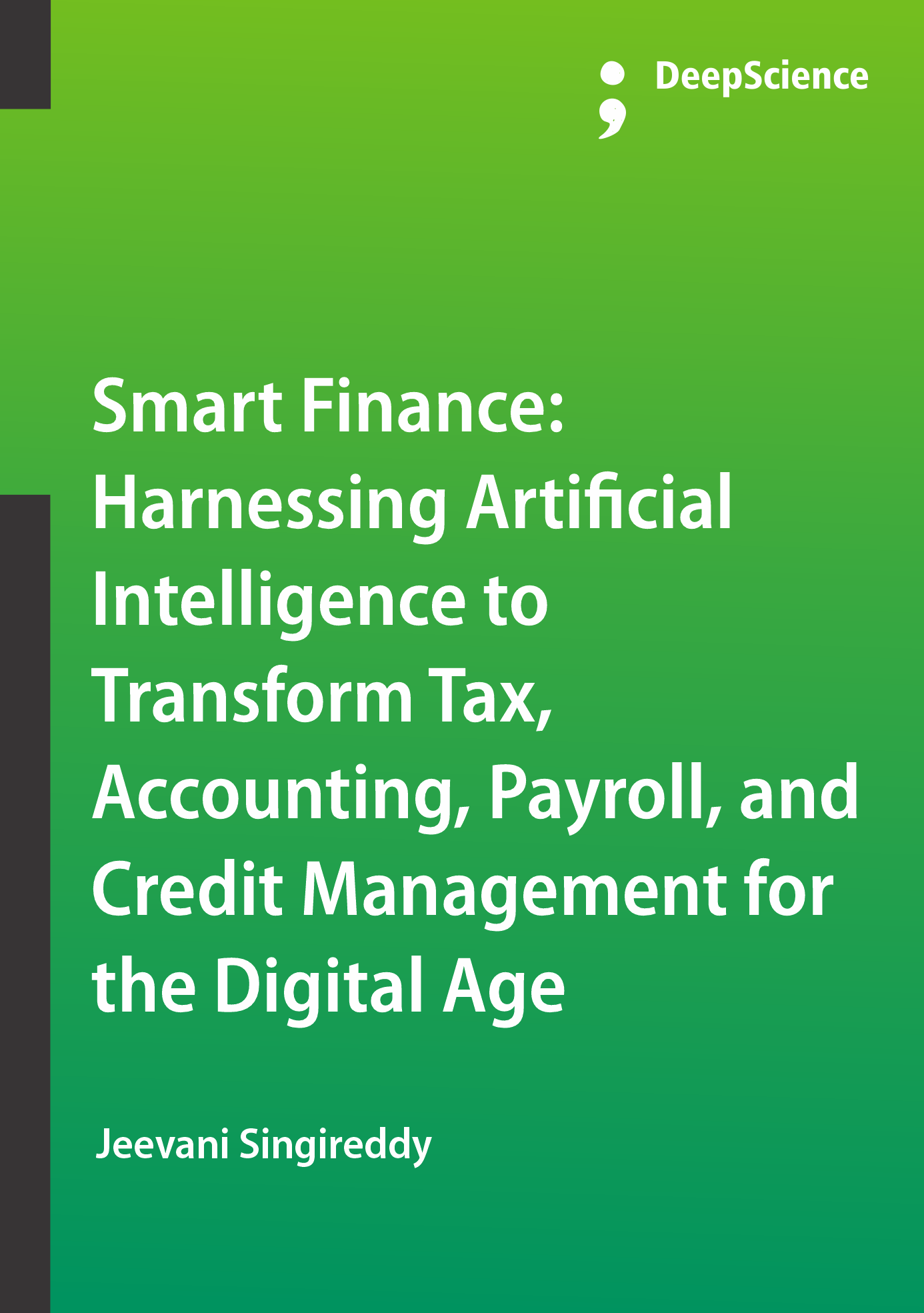Intelligent taxation: Leveraging artificial intelligence for accurate, efficient, and compliant tax preparation and filing
Synopsis
Tax compliance is a complicated task for many businesses and individuals. Nonetheless, compliance entails mitigating many potential risks, such as penalties for tax underreporting and overreporting, audits by regulatory authorities, and violations of statutory laws. Unfortunately, current tax consulting services have an inherent irony. While their compliance services can help clients mitigate many tax compliance risks, those services must be managed. Thus, there are opportunities for noncompliance from both sides, and the delicate relationship between clients and their tax advisers will unavoidably affect the tax consulting outcome. Hence, efficient and accurate tax compliance has become a major pain point, resulting in tumultuous changes in the labour market of tax professionals and tech displacements.
Intelligent taxation proposes that, by leveraging big data, automation tools, and artificial intelligence, tax consulting and compliance services can radically change how tax compliance works today to ensure an accurate, efficient, and compliant tax preparation and filing process. To achieve this vision, all consulting tasks and activities in the currently siloed consulting ecosystem will be wholly digitised, automated, and monitored. Furthermore, with the advancement of technology, many tools and resources that have been used by tax professionals can be leveraged to work for taxpayers in an accurate, efficient, and compliant manner. Going beyond the current stage of developing stand-alone solutions to tackle specific aspects of the tax compliance process, intelligent taxation proposes the development of comprehensive systems that can accomplish the entire compliance process in real time from start to finish. Possible systems include preparing source documents and data for tax reporting, computing tax disclosures with detailed verifications, monitoring tax compliance risks, filing tax returns with assurance, and conducting game-theoretic tax negotiating to capture tax savings.
Then dynamic behaviors of the agents are studied in terms of economic mechanisms, competitive outcomes, and tax revenue. It is demonstrated that the generated taxation policy profile is efficient and highly accurate, where the profits of tax representations predicted by the model are also reasonably similar to those of commercial-career estimators. Finally, external actions that can be modeled as perturbations to the agents’ states are discussed for a practical system designer.













